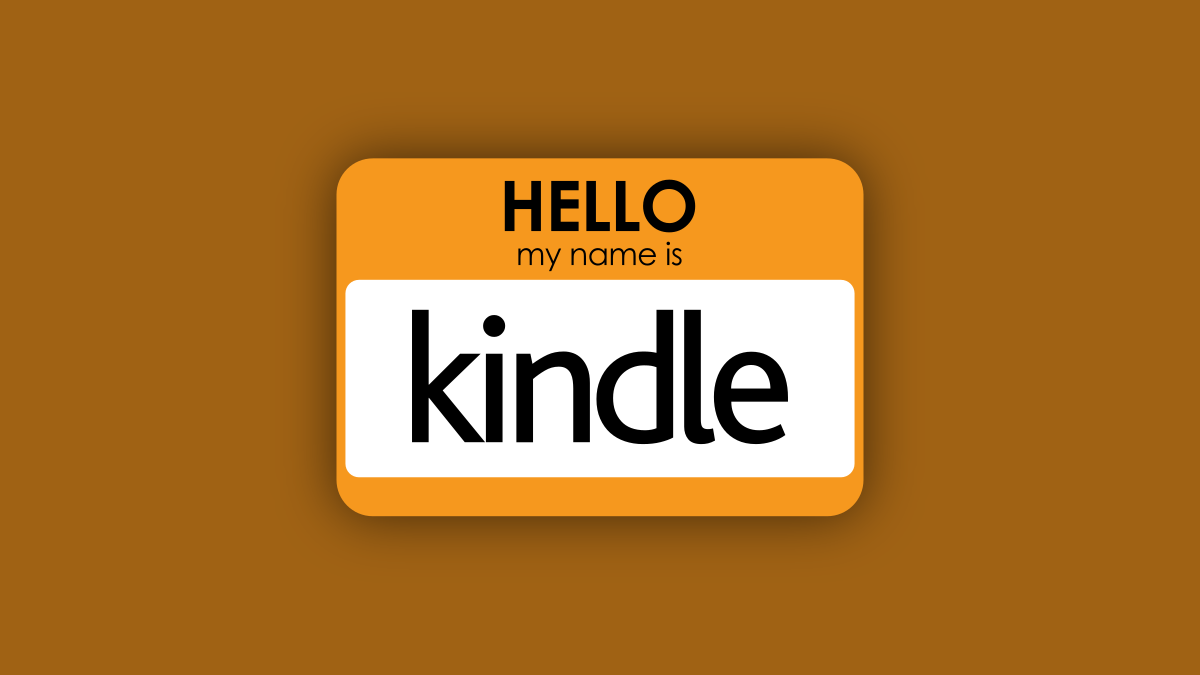Key Takeaways
Amazon hired branding consultants to come up with the "Kindle" eReader name. The name is a reference to "lighting a fire" of excitement for reading.
Amazon's Kindle devices have become synonymous with eReaders, and the name "Kindle" has become a household term. But why did Amazon choose the name Kindle for their eReader devices? Does it have anything to do with burning things?
Amazon's History With Books
In 1994, Jeff Bezos founded Amazon with the goal of selling books online and offering a better shopping experience than traditional brick-and-mortar bookstores. With its vast selection, competitive prices, and convenient online ordering system, Amazon was able to establish itself as a major player in the book industry.
As Amazon grew, it expanded into other categories, including electronics, clothing, and more. Books remained a core part of the business, though. In 2007, Amazon introduced the first Kindle eReader. This was a big deal in the book industry, as it allowed Amazon to sell digital books directly to consumers on devices for reading them.
Today, Amazon is the leading retailer of physical, digital, and audiobooks. Kindle devices continue to be popular among readers, but where did that name come from?
How Did Kindle Get Its Name?
Amazon started working on an eReader in 2004. Jeff Bezos wanted to build the "world's best eReader" before their competitors could. The device was codenamed "Fiona" before the official name was decided.
Unlike the Amazon name, Jeff Bezos did not come up with "Kindle" himself. The company hired branding consultants Michael Cronan and Karin Hibma to come up with a name. They suggested "Kindle," which means to "light or set on fire."
According to Himba, Bezos wanted the name to convey the future of reading without sounding "techie." It needed to work in expressions such as "curling up with my Kindle," and they liked the metaphor of "lighting a fire" for excitement for reading.
That's the story on "Kindle," the only thing burning is apparently our excitement for books. It's interesting that the name could also be seen as a metaphor for how eReaders are replacing physical books, turning them into kindling. We'll choose to look at it more positively.
